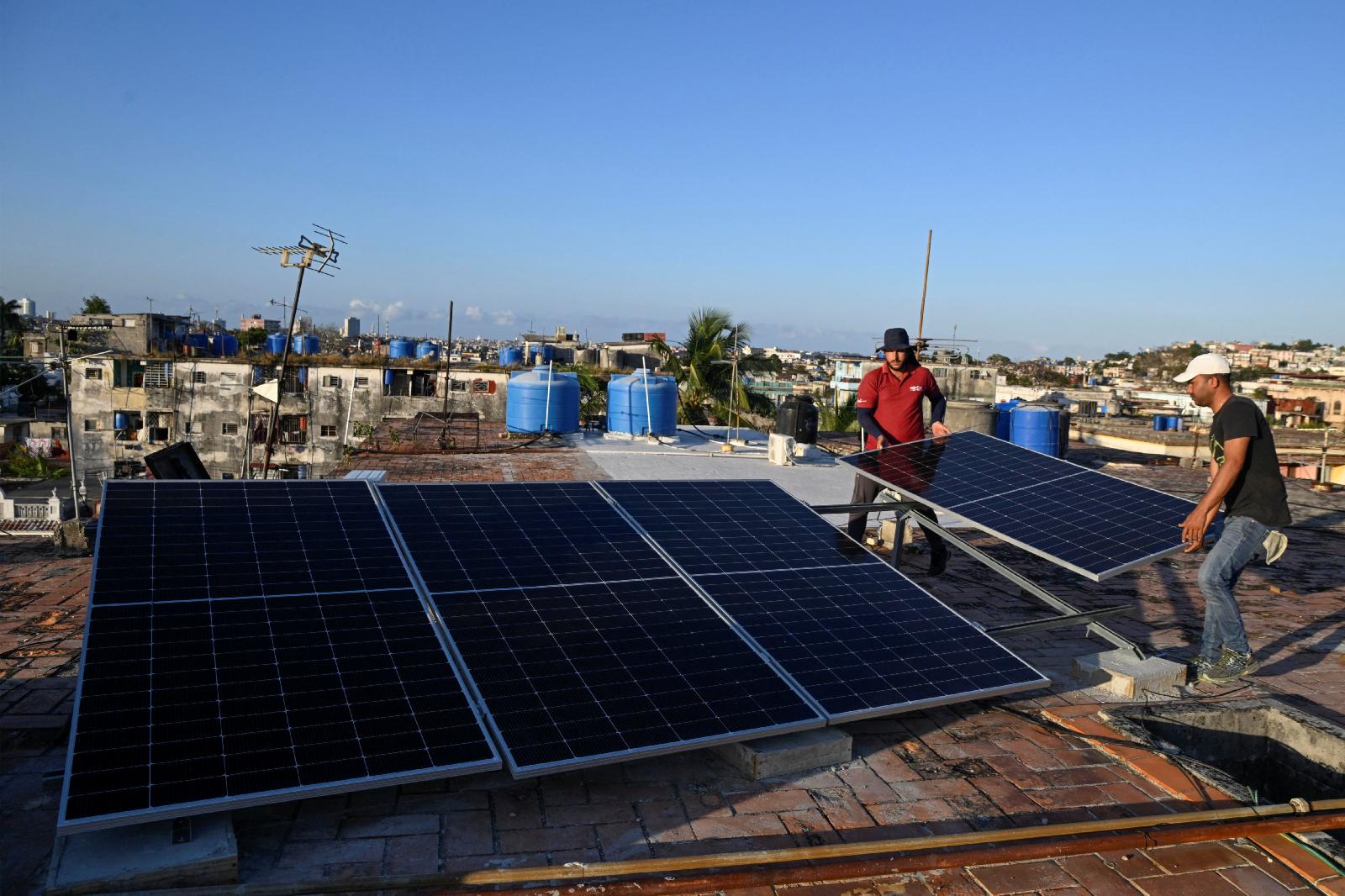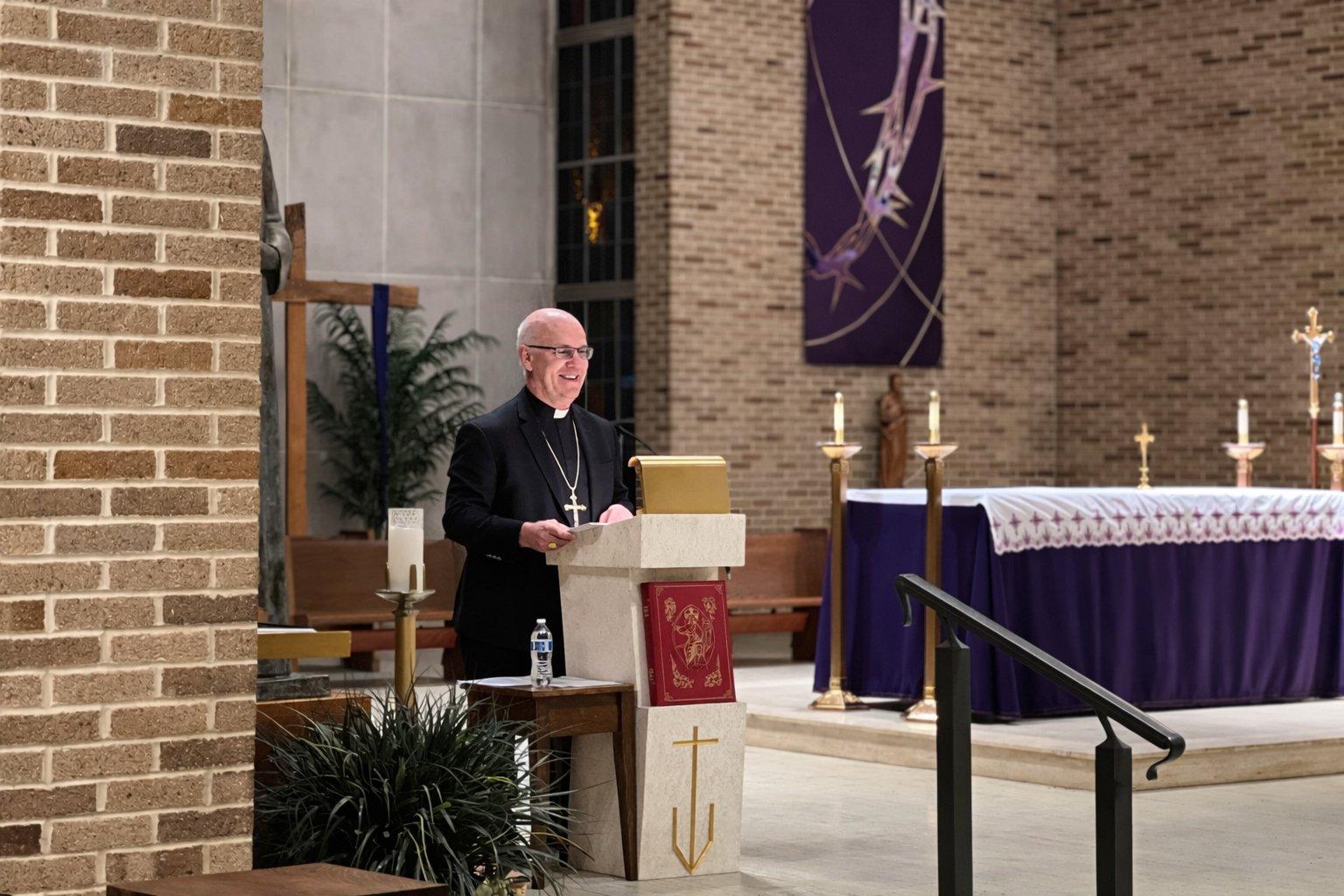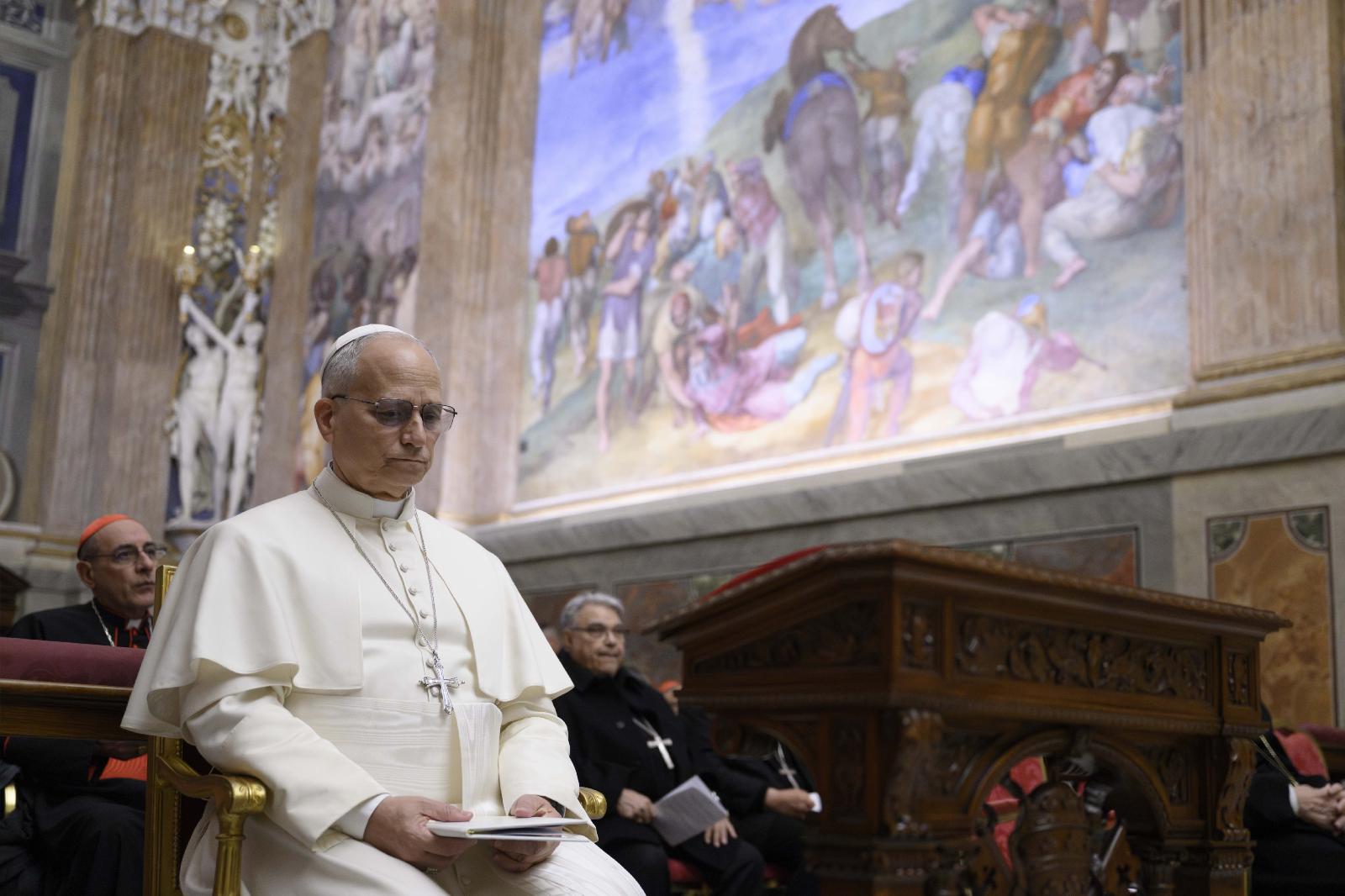Europeans finally get seat at Trump’s table for Ukraine peace talks
LONDON — The European Union and the U.K. will take part in high-level talks on Donald Trump’s peace plan for Ukraine starting Sunday, in a significant breakthrough for Brussels and London, which had been shut out of the process until now.
Top security officials from France and Germany will also attend the negotiations, likely to take place in Switzerland, a senior European official told POLITICO, as Ukraine’s allies seek to re-write Trump’s proposal which they fear would favor Russia.
The fact that the Europeans will get seats at the negotiating table will be welcomed in Kyiv, Brussels and beyond, after Ukraine’s allies voiced their concern at being excluded from Trump’s most recent initiative.
The talks will be held at the level of national security advisers. Bjoern Seibert, the head of cabinet for European Commission President Ursula von der Leyen, is expected to represent the EU, alongside Pedro Lourtie, the top aide to European Council President António Costa.
Among other points, the Europeans are expected to push Trump’s team to dilute their proposal for handing territory in the Donbas region of eastern Ukraine to Russia. Instead, they want any ceasefire to start from the principle that the conflict will be frozen on the current “contact line,” but that this would only be to allow talks to begin, not as a final settlement.
Ukraine and its European allies strongly reject the idea that Kyiv should be required to give up land by force. NATO and EU allies worry that such an outcome would simply encourage Russian leader Vladimir Putin to expand his territorial ambitions and attack them next.
More work needed
On Saturday, more than a dozen leaders — including Germany’s Friedrich Merz, France’s Emmanuel Macron, the U.K.’s Keir Starmer, the EU’s von der Leyen, Finland’s Alexander Stubb and Canada’s Mark Carney — met for an urgent discussion at the G20 summit in Johannesburg to coordinate their response to Trump’s plan with Ukrainian President Volodymyr Zelenskyy.
“The draft is a basis which will require additional work,” the leaders said in a joint statement afterwards. “We are clear on the principle that borders must not be changed by force. We are also concerned by the proposed limitations on Ukraine’s armed forces, which would leave Ukraine vulnerable to future attack.”
The leaders are seeking to reassure Zelenskyy that they will stick by his side even if Trump does not. And their statement hinted at their displeasure at parts of the U.S. proposals that affect the EU and NATO, saying any such provisions would require proper “consent” from these bodies.
Speaking to reporters in South Africa, Merz, the German chancellor, raised the possibility of Ukraine collapsing. “Depending on how this war ends, it will have an impact on Europe’s security,” he said.
“If Ukraine loses this war and possibly collapses, it will have repercussions for European politics as a whole, for the entire European continent. That is why we are so strongly committed to this cause,” Merz said.
The Trump administration has put intense pressure on Zelenskyy to agree to the terms of the plan by a deadline of Thanksgiving, next Thursday. There are fears in Europe that Trump could cut off access to U.S. intelligence, which has been critical in Ukraine’s war effort.
The American pressure for a peace accord is deliberately timed to be difficult for Ukraine. Zelenskyy is trying to stop a corruption scandal engulfing his government. U.S. officials think Zelenskyy’s weakness at home will make it more likely that he will agreee to their terms.
Putin has indicated that he supports the U.S. plan, which contains many of his demands, including that Ukraine should never join NATO and should have its military power radically reduced.
Hans von der Burchard contributed reporting.




















:quality(85):upscale()/2025/08/14/650/n/1922283/470aeb83689df49cdc1bb6.14084110_.jpg)
:quality(85):upscale()/2023/10/03/668/n/1922283/1f15c8a9651c2d209e5eb5.32783075_.jpg)
:quality(85):upscale()/2025/09/09/891/n/1922283/7222624268c08ccba1c9a3.01436482_.png)
:quality(85):upscale()/2023/09/18/918/n/1922398/a1136b676508baddc752f5.20098216_.jpg)
:quality(85):upscale()/2025/10/09/670/n/1922283/00b944c868e7cf4f7b79b3.95741067_.jpg)
















